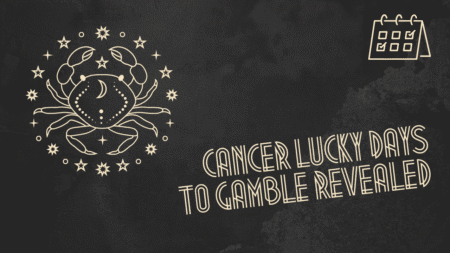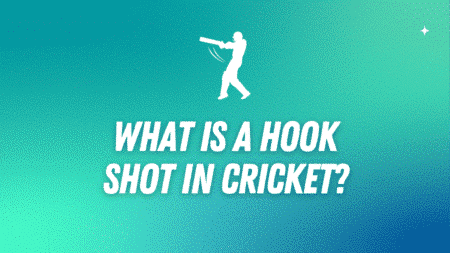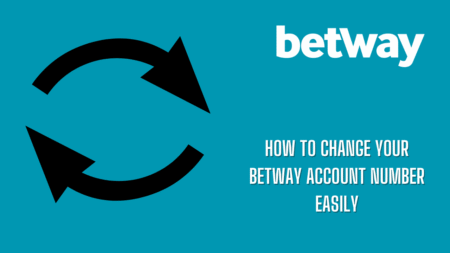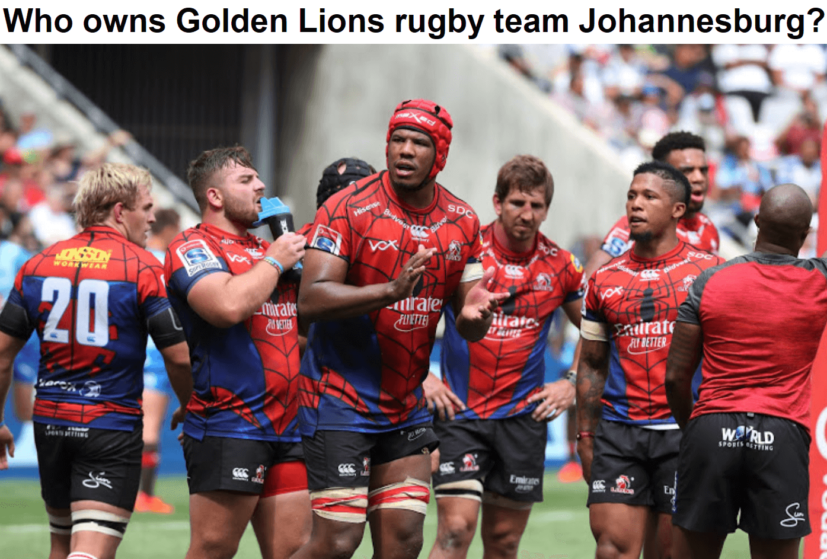
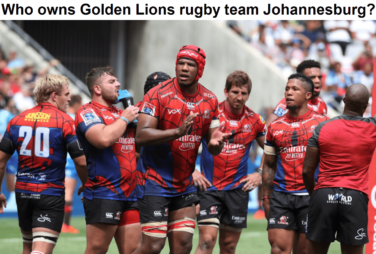
The world of rugby is characterized by fierce competition, passionate fans, and a sense of community that transcends borders. One such team that has captured the hearts of many is the Golden Lions rugby team, based in Johannesburg, South Africa. As fans and enthusiasts continue to rally behind their beloved team, a common question arises: Who is the owner of the Golden Lions rugby team in Johannesburg? In this article, we delve into the ownership of this iconic team and shed light on the individuals or entities behind its success.
A Legacy of Excellence
The Golden Lions rugby team, founded in 1889, has a rich history of excellence on and off the field. The team’s distinctive logo, a roaring lion, symbolizes strength, determination, and pride. Over the years, the team has cultivated a loyal following and has become a source of inspiration for aspiring rugby players and fans alike.
Ownership Structure
As of my last knowledge update in September 2021, the Golden Lions Rugby Union (GLRU) oversees the operations of the Golden Lions rugby team. The GLRU serves as the governing body responsible for managing the team’s affairs, including player recruitment, training, and participation in tournaments. The ownership structure of the team revolves around the GLRU, which is composed of elected officials, administrators, and executives.
Community Involvement
Unlike some professional sports teams that are owned by private individuals or corporations, the Golden Lions rugby team maintains a strong connection with its community. The team’s ownership model emphasizes the importance of community involvement and engagement. This approach not only fosters a sense of pride and belonging among fans but also reinforces the team’s commitment to its roots.
Supporting Sponsorships
While the GLRU plays a central role in the ownership and management of the team, it’s important to note that the financial stability and growth of the Golden Lions rugby team often rely on sponsorships and partnerships. These sponsorships provide crucial funding for player development, facility maintenance, and participation in various leagues and competitions. By collaborating with local and international sponsors, the team secures resources to thrive in the competitive world of rugby.
Conclusion
The Golden Lions rugby team in Johannesburg holds a special place in the hearts of rugby enthusiasts around the world. While its ownership structure primarily revolves around the Golden Lions Rugby Union, the team’s connection to its community and the support of sponsorships contribute significantly to its success. As the team continues to make its mark on the rugby landscape, fans can take pride in the fact that the ownership model prioritizes not only on-field achievements but also the values of unity, passion, and community engagement.

